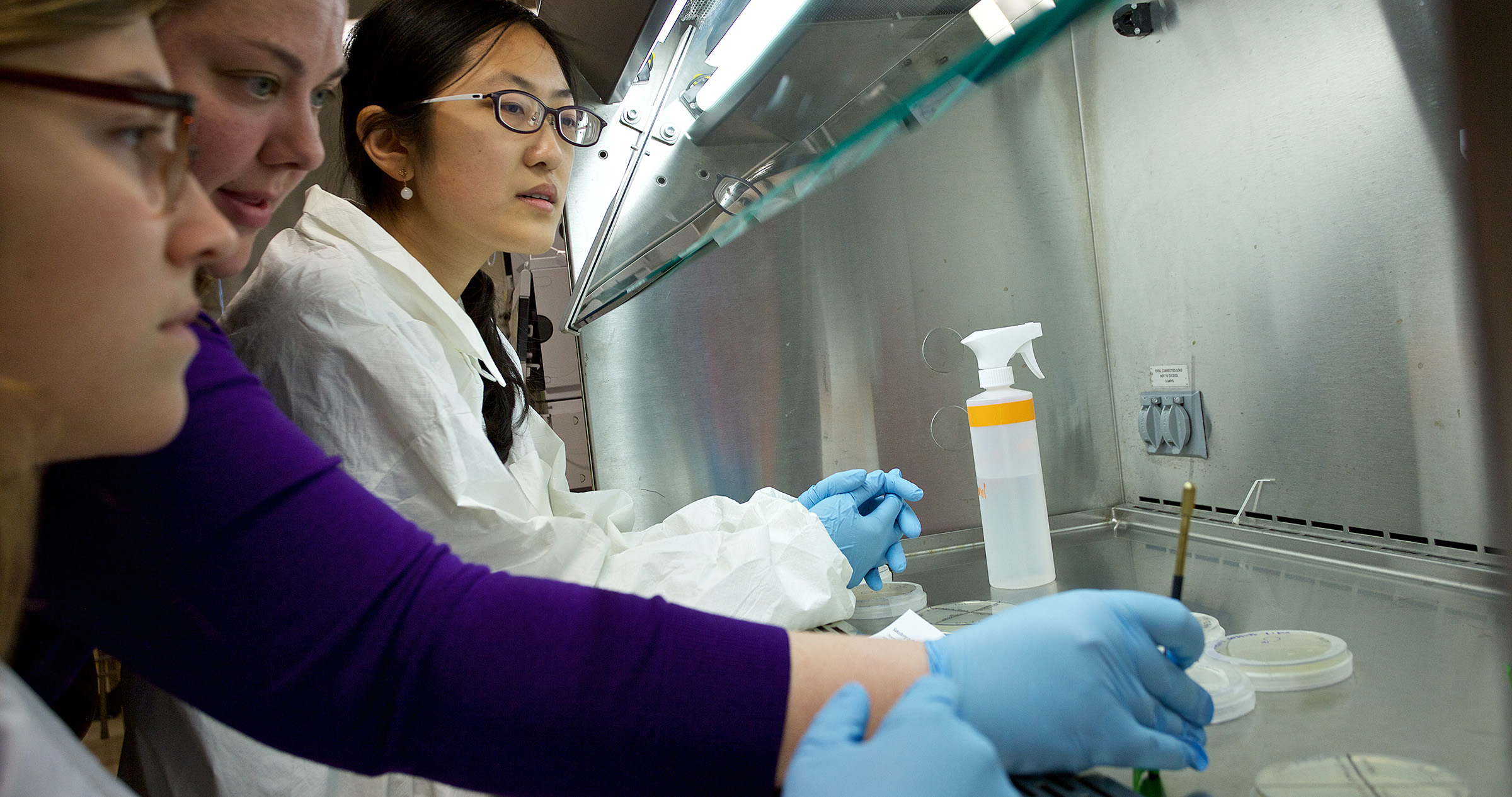NEWS RELEASE |Nov. 4, 2025
Kaufman Foundation awards $2 million for fundamental scientific research at Pennsylvania institutions
Funding will support seasoned and early-career scientists while also engaging undergraduate students in research.
NEWS RELEASE |Nov. 14, 2024
Kaufman Foundation awards $2 million for fundamental scientific research at Pennsylvania institutions
Funding will support seasoned and early-career scientists while also engaging undergraduate students in research.
NEWS RELEASE |Feb. 29, 2024
$1.8 million for science research goes to Pa. universities
Detecting Earth-like planets orbiting stars and learning how bacteria initiate or exit biofilm communities are two research projects receiving a 2023 grant from The Charles E. Kaufman Foundation.



